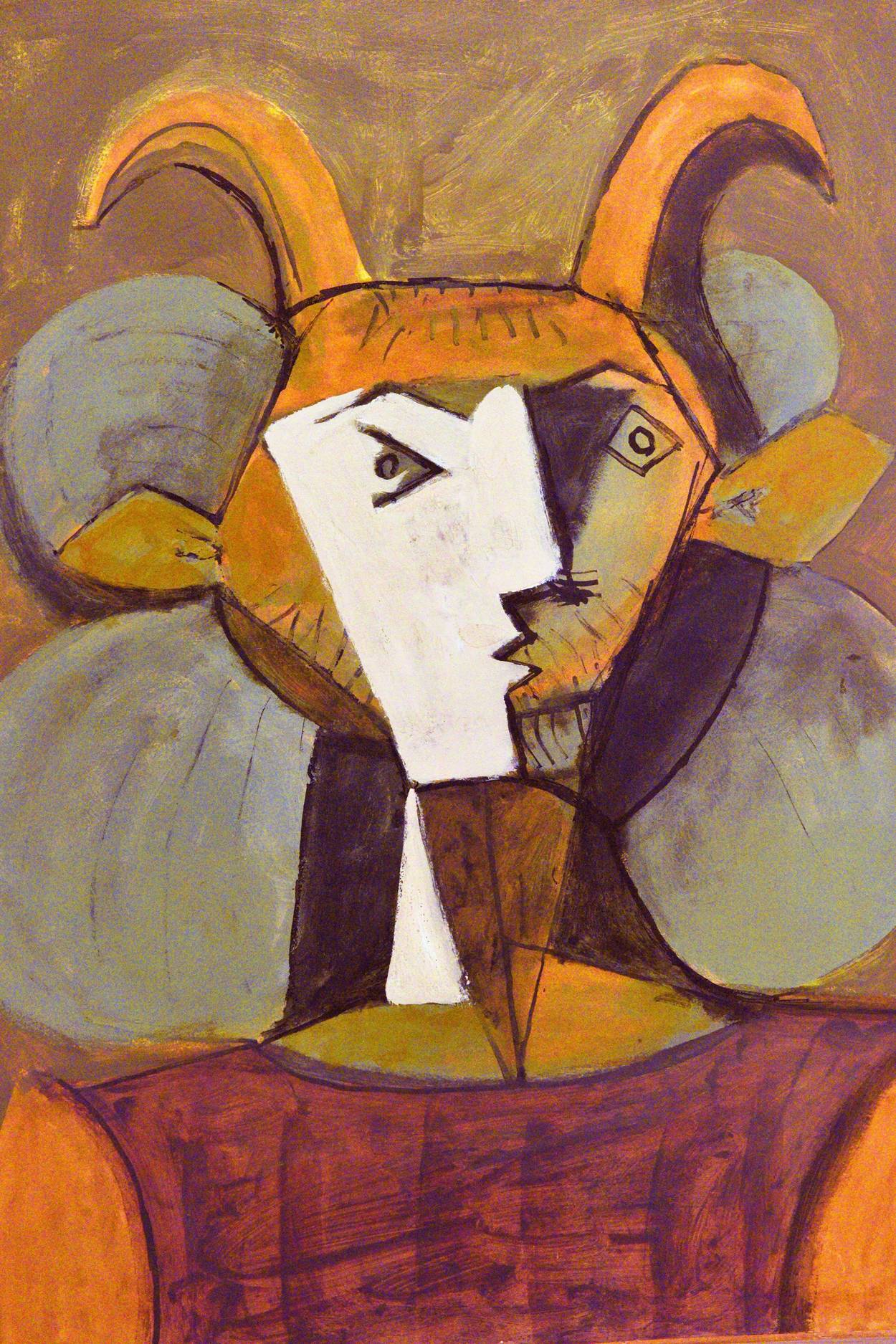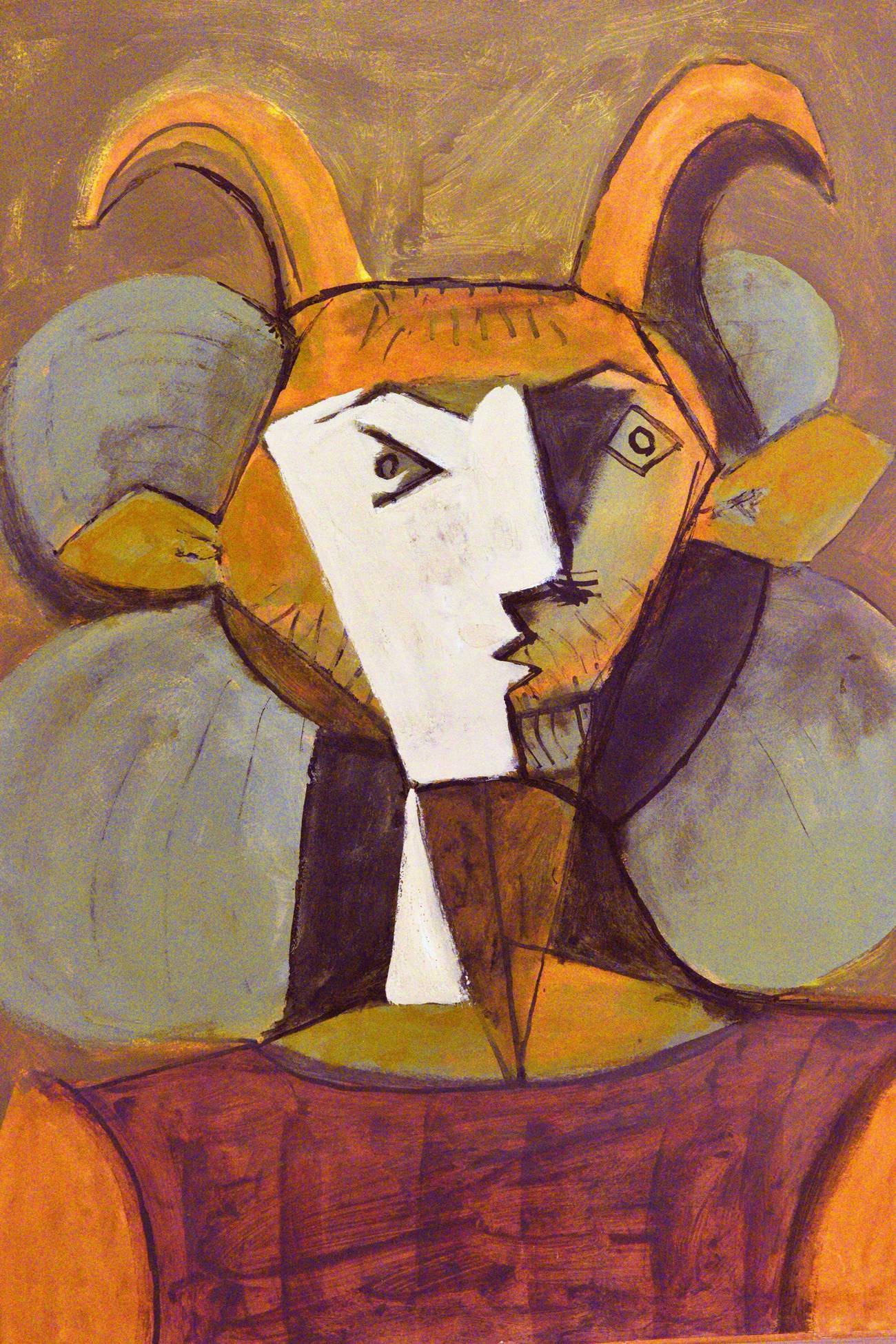Goodbye, Leib Goldkorn
In an afterword to a new and perhaps final collection of Goldkorn stories, the author explains the origins of his alter ego, and bids him farewell




Off I went from Los Angeles east to college in the fall of 1956. I flew alone in a plane with four propellers, my first time in the air. Somewhere over the Rockies I kept hearing bangs and thuds and felt a slight shiver through the fuselage. I looked out the window. Chunks of ice, the size of hams, were breaking off the wings, tumbling inches from my pale, pinched face, and striking the aluminum shell that could only be an inch or two inches thick. But the stewardess (What do they call them now? Administrative Assistants?) kept up both her grim, painted smile and her tray of assorted drinks.
For comfort, I rehearsed my mantra. This was a series of farewell instructions given to me by Uncle Julie, who replaced, identically, my father, who had died four years before:
1. Marry a rich girl and sleep till 12.
2. Once in New Haven, go to Fenn-Feinstein and buy an overcoat.
3. Never butter your bread without first tearing it in two.
4. When you get down to New York go to Ratner’s and order the mushroom and barley soup. Onion rolls are free.
As it happens, I fulfilled all of these injunctions save for the first. As for the last, I showed up on Second Avenue during the initial Christmas break of my bright college years. The large room was warm, the window glass opaque with the breath of the many eaters within. I shuffled out of my overcoat (a rusty brown with hairs I can still feel against my skin: Fenn, and Feinstein too, had found their mark) and unwound my blue-and-white muffler. I hung both on the back of my chair and opened the menu. The soup was there all right, and somehow, perhaps by some cabalistic twist, the rolls were already on the table.
Now I will tell you how my meal at Ratner’s began. From some impish motive, or as a mild act of rebellion, I let my eye drift away from the selection of soups to other items on the menu. I motioned to the waiter, who was no youngster. When, a quarter of an hour later, he arrived, I put my finger on four unknown syllables: “What’s this here ma-ma-li-ga?”
The gentleman, tall and gaunt, looked down at the seated young Yalie: at the fedora I had forgotten to remove, at my blue blazer with its row of brass buttons, and at my unlit freshman pipe.
“Not for you,” he replied.
So I had the mushroom and barley and can report 66 years later that, with the possible exception of the marinated herring at the Hillcrest Country Club, this was the one gastronomic experience that exceeded several varieties of sexual intercourse.
And this is how the evening ended: I signaled to another waiter for the check. This one, short, the Jeff to his colleague’s Mutt, stood unmoving. I waved again. Slowly he started forward. “I ain’t electric,” he said.
This was, of course, a Jewish restaurant, of the dairy persuasion, and I was hardly a Jew at all. Hollywood brats, my brother and I were brought up less in the faith of our own, than of the founding, fathers: that is to say, as Deists, children of the enlightenment, worshipers before the idol of FDR. I do not believe that in the first decade of my life I heard the word Jew mentioned in my family at all. We had Christmas trees; we hunted for Easter eggs. Bar Mitzvahs? Perish the thought. In this my parents, the son and daughter of Yiddish-speaking immigrants, were not atypical. The second generation, emancipated, educated, was as often as not hell-bent on sparing the third the kind of orthodox regime they had had to undergo themselves.
That my father and his twin brother were writing films for Warner Bros., however, was not typical at all. What happened to the Jews on screen—the movement from bearded, accented, and quite money-minded ancestors toward acculturation, assimilation, intermarriage, followed by blondness, blandness, and such final effacement that it became nearly impossible to portray a Jew except by actors who were gentiles: all of this was happening to my generation off-screen, as well. Not to mention that through the entire course of the Second World War, the word Jew never occurred in a single movie about American life (the closest thing to an exception was the Epstein brothers’ Mr. Skeffington): an industry run by Jews was not about to suggest that the country was fighting a Jewish war. How could Julie and Phil, busily creating the American dream in films like Yankee Doodle Dandy and Casablanca, allow their own children to become anything but part of that great national audience of upturned, white, anonymous faces?
The Second World War: that undid everything I have said in the paragraph above. My first creative work, written as a Cub Scout, was a play in which an ice-cream vendor shouts out, “We got every kind of flavor: Chocolate! Vanilla! Strawberry! Lambchop!” That witty young author was nowhere to be found in my first short story, in which an enormous and expectant South America crowd greets the man who on the last page steps out onto a balcony with ecstatic cries of “Viva! Viva, Hitler!”
How on this earth, or at any rate in California, with its unblinking blue skies, did this vision of evil incarnate rise to consciousness in a fourteen-year-old boy? I could probably think up an answer, but suffice it to say here that I believe I had grasped these things far earlier than that, if not, indeed, from the very start. Hints, hushings, an inflection, a glance: these pass everywhere from Jew to Jew and from adult to child by a kind of psychic osmosis. So it was that history passed molecule by molecule through the membrane that held me apart from a people and a past that the bleach of sunshine sought, and still seeks, to disinfect and deny.
I am drifting far from 111 Second Avenue, from which, fully sated, I departed in December of 1956. Fade out. Fade in twenty years, and many onion rolls, later. That is when I read in the New York Times that Ratner’s was about to close. What about those waiters? I thought; it may have been only a day or two later that, on the keyboard of my L.C.Smith and Carona I began to try to find the answer.
True, the establishment I came up with was on Rivington Street and not Second Avenue, was fleishig (those Roumanian broilings!) and not milchig, and had a string quintet. But the waiters—Mosk, Margolies, Ellenbogen—were very much the same. The finished story, first printed in Antaeus, and then in a book, The Steinway Quintet Plus Four, was collected in The Best American Short Stories of 1977, won me a prize for Distinction in Literature from the American Academy and Institute of Arts and Letters (thank you, John Cheever!), and in general created a bit of a stir. And that, thought I, was that.
It was not. I don’t know why—perhaps I wanted to prove that the world of Ratner’s was for me and that mamaliga was my mameloshen, after all—but I never stopped thinking of those waiters, both their lives and their fate. So I wrote two more stories set on Rivington Street, near Allen, and published them in the first of the books that make up this volume: Goldkorn Tales. It did well enough, even appearing as Histórias de Goldkorn in Portuguese. They love Leib in Lisbon!
But that wasn’t that, either. It seemed I loved Leib, as well. I began what I thought was a pattern: a long, supposedly major book, usually of historical fiction—King of the Jews, Pinto and Sons, Padaemonium, The Eighth Wonder of the World—interspersed or intertwined with the lighter stories of Leib, in Paris, in Hollywood, on the high seas, and back in Iglau, the town where he and Gustav Mahler (his père, perhaps?) were born. Chances are I was fooling myself. The thread was indeed the pearl—three of them.
This might be the moment to pause and make a slight bow to that hellion from Helsinki, the Kakutani, as our flautist called the famed New York Times reviewer. She admired Leib from the start and encouraged his author:
As Leib Goldkorn re-embraces music as a symbol of nature and harmony, the reader, too, is moved to celebrate the redemptive powers of the imagination and to applaud [the author’s] artistry and ambition.
Artistry! Ambition! No wonder our hero invited this fabulous Finn for a date at the Court of Palms. And when for some reason she did not show up (but look behind you, Leib Goldkorn: Who is that staring at you with almond eyes?), a strange thing occurred: no less than a series of ten classified advertisements should appear at the bottom of the front page of her newspaper:
DEAR SWEET MISS MICHIKO K. CALL YOUR
LEIB GOLDKORN.
And:
YOO-HOO! MY CUTE KAKUTANI. LEIB GOLDKORN IS CALLING.
In addition, of course, to admonishing Jewish women to light their sabbath candles.
It turned out that Michiko was as modest as a person as she was perceptive as a critic; she insisted that the series be halted, and it was. Thus Leib was beaten by his sensual Scandinavian only in the sauna of his imagination. His author, however, made a significant contribution to American culture: those were the last personal ads the Times ever printed on its front page.
Now we shall leave Leib Goldkorn high on a cloud in his musical heaven. Look, he is lifting his instrument to his lips and playing with such sweetness and beauty that the angels in ecstasy throw the tips of their wings over their ears.
TUWATT! TWIRPFF! TOODLEDEDOO!
Oh, look! His colleagues have heard him too. Nearby, on a cloud of their own, come the three great B’s of music: Block, Bruch, and Blanter. Oh, and here, on a cloud of their own, come the three M’s: Mendelssohn, Mahler, Mayerbeer. Here come Goldmark and Goldschmidt and Halévy. Is that not the famed Ignaz Friedman? Floating forward on a pink strato-nimbus, a whole boatload arrives: Offenbach, Korngold (no relation), and Moritz Moszkowski. Here Shainsky, there Schnittke, and—he has much to answer for—A. Schoenberg himself. Now, self-propelled, the Strauss boys, Eduard, Josef, Johann. And a hundred more, a thousand more, gathering on their billows and puffs. It seems, through one’s musical offerings, one never need die. Ah, arriving at the end of the alphabet: Zemlinsky and Zimmer, and a definite female, Zimmmerman, Agnes. Closer they come, on stratus and cirrostratus, their tumbling cumuli. Closer and closer, until Leib Goldkorn is surrounded. They have arrived for the concert. He picks up his instrument. Welcome, friends. You are in for a treat!
This piece is an afterword for Leslie Epstein’s forthcoming The Goldkorn Variations: A Trilorgy, which collects all three books about Leib Goldkorn, that great lover and flautist.
Leslie Epstein teaches creative writing at Boston University. His three Leib Goldkorn books were recently published as The Goldkorn Variations: A Trilorgy (no typo). His play King of the Jews runs from Oct. 28 to Nov. 18 at the HERE Theater.